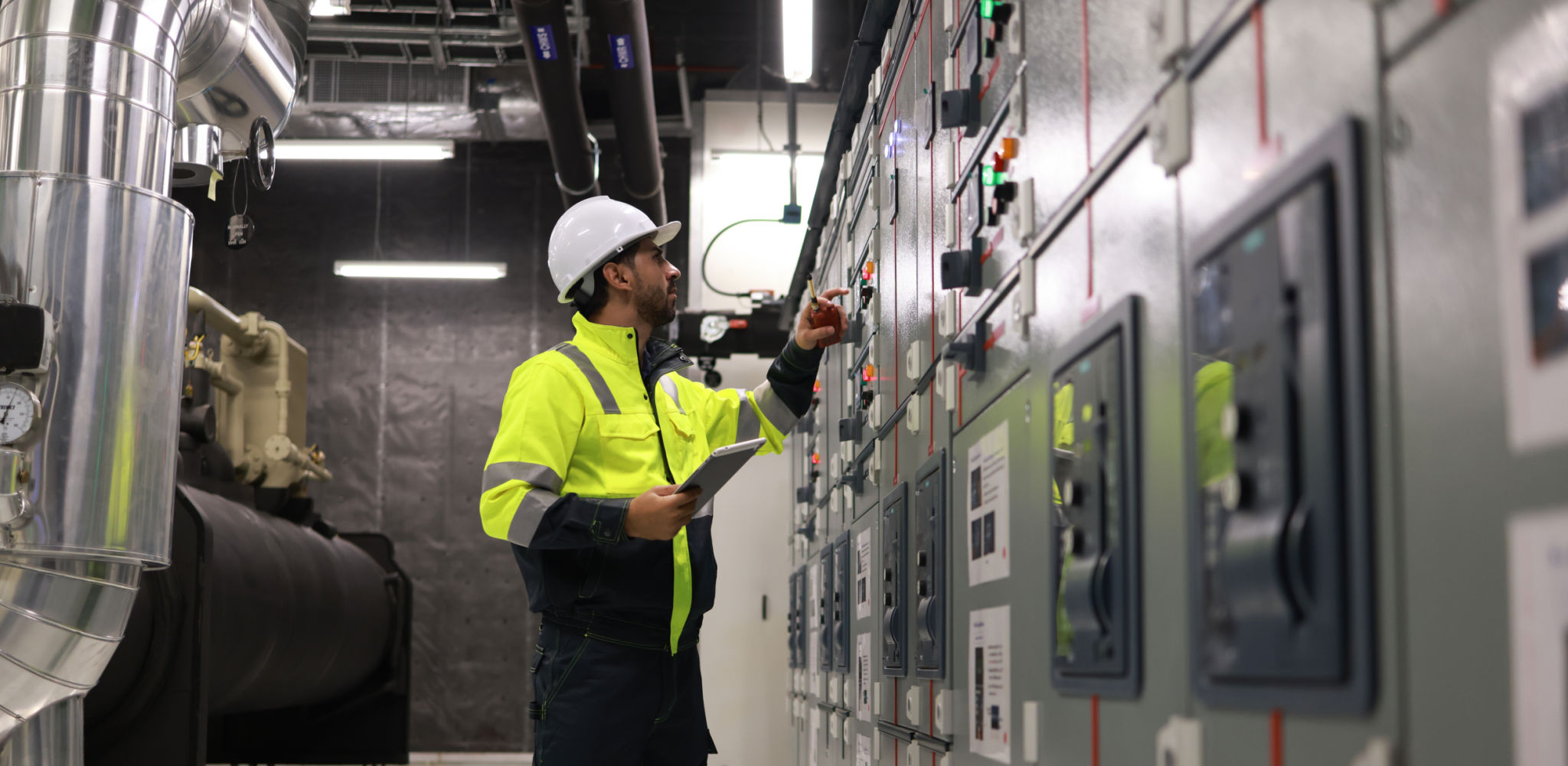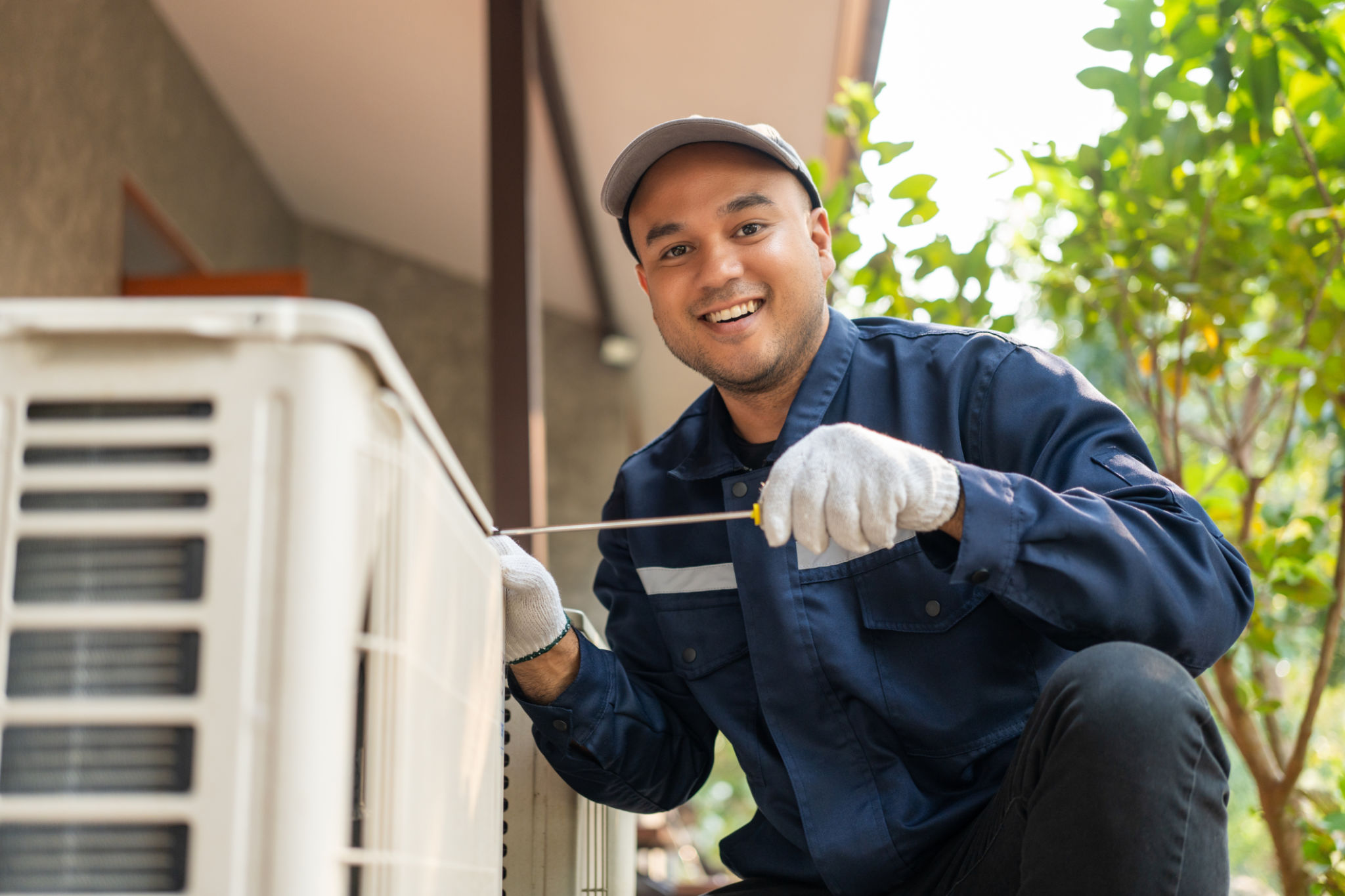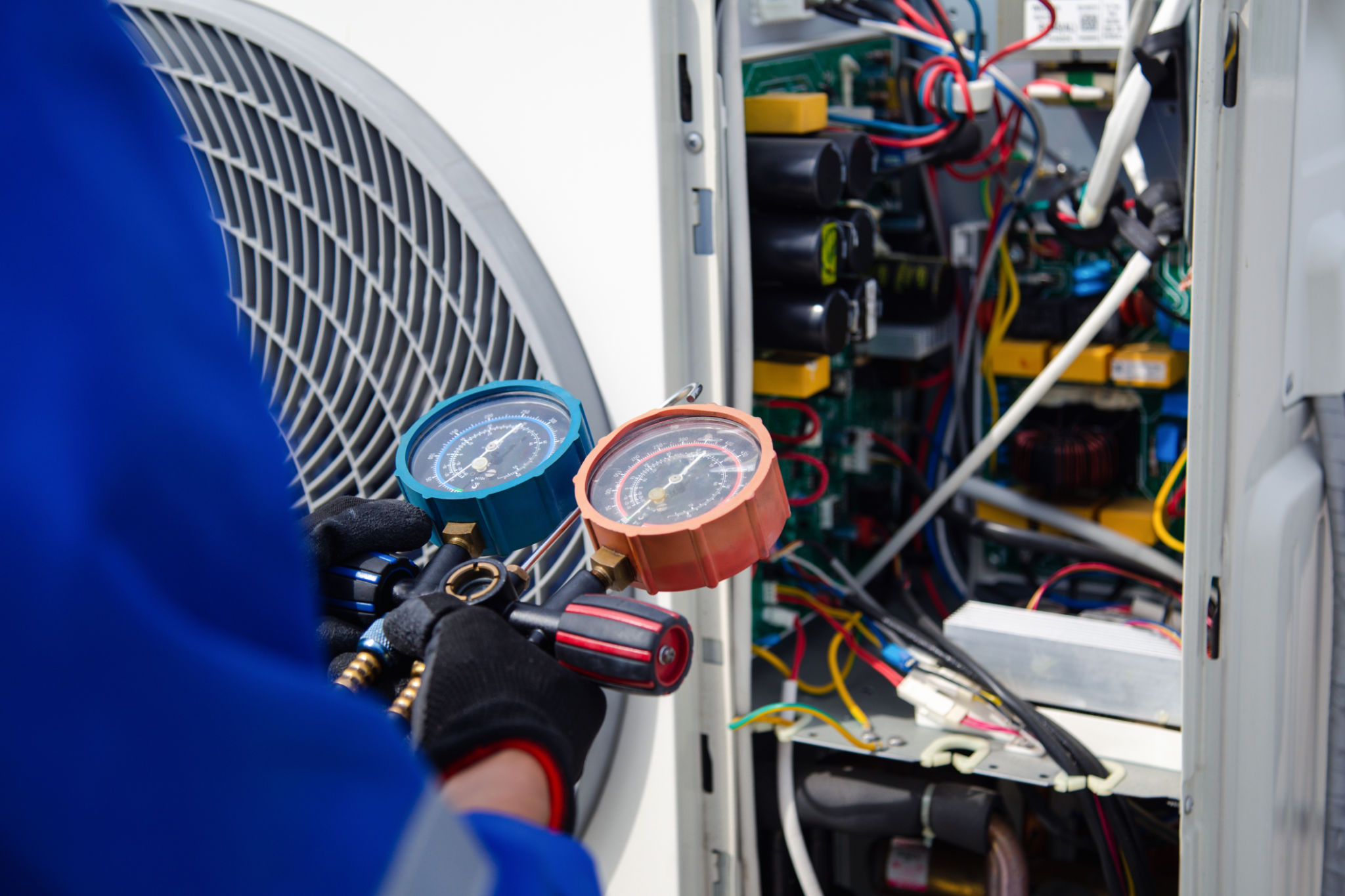Debunking Myths About HVAC Control Systems and Automation
JH
Understanding HVAC Control Systems
Heating, Ventilation, and Air Conditioning (HVAC) control systems are often misunderstood. These systems are essential for maintaining comfortable indoor environments, yet many misconceptions persist about how they function. It’s time to clear the air and debunk some common myths surrounding HVAC control systems and automation.
One prevalent myth is that HVAC automation systems are overly complex and difficult to manage. In reality, modern automation systems are designed with user-friendliness in mind, offering intuitive interfaces that make operation straightforward even for those without technical expertise.

Myth: Automation is Too Expensive
A significant barrier to adopting HVAC automation is the belief that it’s prohibitively expensive. While there is an initial investment, the long-term savings in energy costs can be substantial. Automated systems optimize energy use, reducing waste and lowering utility bills. Additionally, the decrease in maintenance costs due to predictive maintenance capabilities can further enhance savings.
Another misconception is that only large commercial buildings benefit from automation. However, these systems are scalable and can be customized to suit any size of building, from small homes to expansive commercial complexes.
Myth: Automation Leads to Job Losses
There is a concern that automation might replace the need for human labor. On the contrary, HVAC automation enhances human efficiency rather than replacing jobs. By handling routine tasks, automation allows HVAC technicians to focus on more complex issues that require human expertise.

Moreover, increased demand for skilled technicians who understand automated systems creates new job opportunities. This demand has led to specialized training programs, ensuring that professionals are well-equipped to work alongside these advanced technologies.
Myth: Automation Reduces System Lifespan
Some believe that automating HVAC systems might reduce their lifespan due to increased workload. In fact, the opposite is true. Automation ensures that systems run optimally and only when necessary, reducing wear and tear. This ensures longevity and improves overall system performance.
Automation also facilitates regular maintenance alerts and diagnostics, preventing minor issues from escalating into major problems. This proactive approach not only extends the lifespan but also enhances the reliability of HVAC systems.

The Future of HVAC Automation
As technology evolves, so too does the landscape of HVAC control systems. The integration of smart technology continues to drive innovation, making HVAC systems more efficient and user-friendly than ever before. Embracing these advancements can lead to significant environmental benefits, contributing to a more sustainable future.
In conclusion, debunking myths about HVAC control systems and automation reveals their true potential. By understanding and embracing these technologies, users can enjoy enhanced comfort, reduced costs, and a more sustainable living environment.
